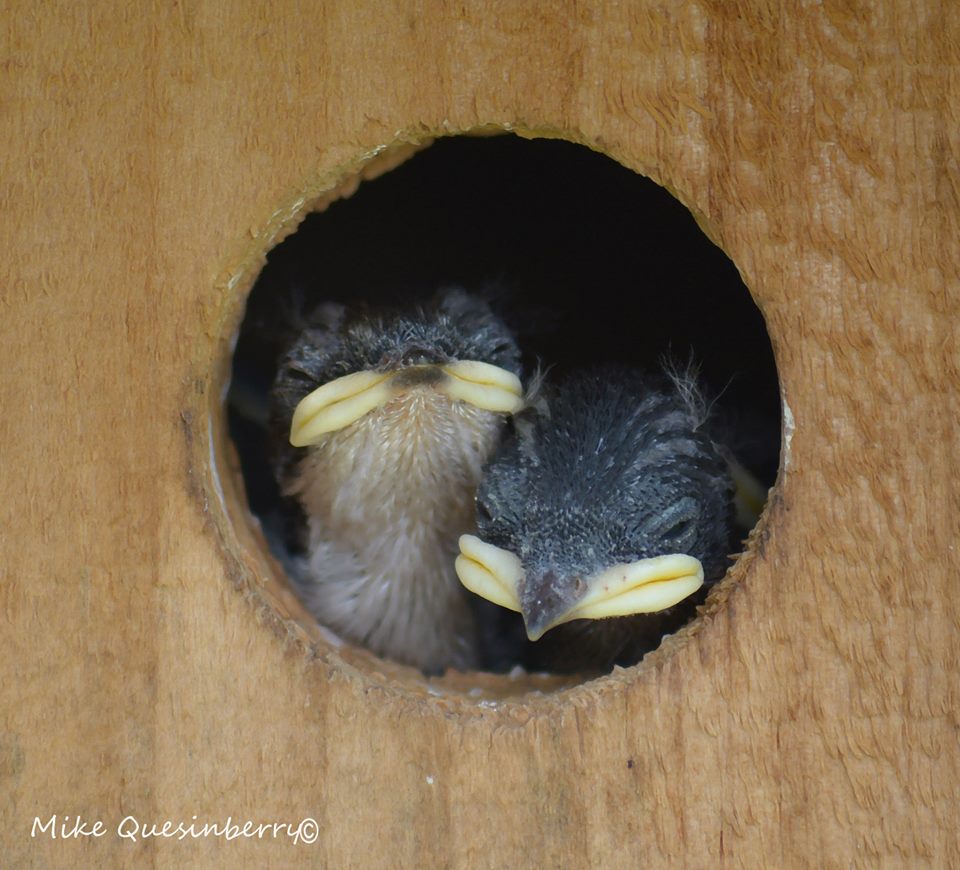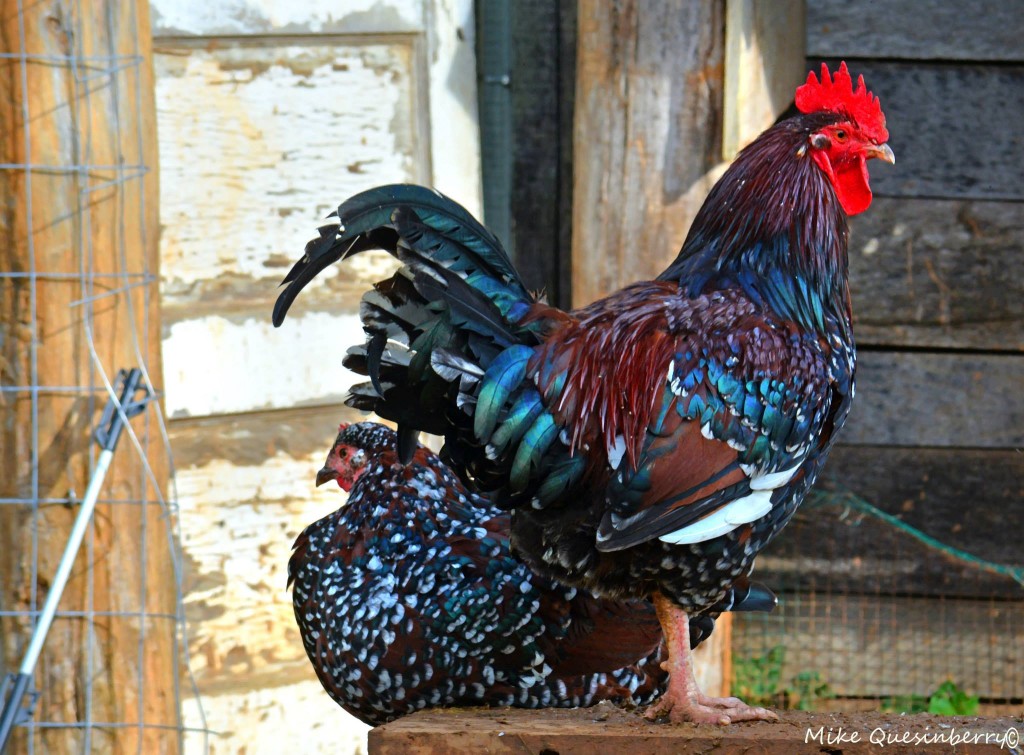On Tuesday, after catechism, we took turns holding Jimmy’s Daddy’s gun—a nickel-plated .44 Magnum—that he kept on a nightstand next to his bed.
“You ever shoot it?” I asked, aiming the long-barreled six-shooter at the 19-inch television.
“Hell yes,” Jimmy said. “It’s like a cannon. It’ll tear somebody’s heart clean out.”
I tried holding the handgun steady, but after a minute my right hand shook from its weight. “Can we fire it?”
“Better not,” he said. “Daddy would probably stick his boot so far up my ass it would bust a femur. Besides, we’re in town.”
“Come on. Just once. We can go into the backyard and squeeze off a round. Nobody will know.” I touched the tip of the barrel against the bedroom window. Out on the sidewalk, two girls in white dresses shrieked: one tossed a knotted sock between chalk lines, and the other hopped over the pink squares. “Bang. Bang,” I said, and laughed.
“Be careful!” Jimmy said. “Christ, it’s loaded,” and he stuck his hand out.
“Whatever,” I said, plopping the pistol into his palm. “It ain’t the first time I’ve handled one. What’s the worst that could happen?”
Jimmy laid the gun down gently onto the bed. “Want to see some nude pictures?”
“Of who?”
“My Mom.”
“Sure,” and I flipped on the TV while Jimmy dug in the closet. A plump talk show host was asking a disabled woman questions. The woman leaned slightly to the left in her wheelchair and smiled often at the female host, at the audience who applauded her every word. She seemed young—sort of cute even—as she described the challenges of losing her arms and legs to some flesh eating bacteria, of waking one day to the better part of herself gone. “I never saw it coming,” she said, and raised her hooked hands. “Tragedy strikes when you least expect it, and you’re just never the same afterward.”
“Damn,” Jimmy sighed. “The pictures used to be here.”
“What happened to your mother anyway?”
“She split, left us for a woman, a coworker from the hotdog factory.”
“Really? How’s your daddy feel about that?”
“How do you think he feels? He’s pissed.”
I dropped the remote onto the bed and picked up the handgun. Outside, the girls still screamed and laughed, and one of them yelled, “Your turn.”
I leaned against the bed, spun the pistol’s ammunition cylinder. I cocked the hammer and sighted the short barrel at the TV. The disabled woman was still discussing the accident, how the tragedy kept reaping more and more of her.
“Finally,” Jimmy said and dropped a thin stack of photos onto the bed.
“I want to shoot this thing,” I said. “Let’s go into the backyard, take a quick shot at your mom.”
“I told you we can’t.” He stepped forward and reached for the gun. “Gimme it, bastard,” he said.
“No,” I said. “I will after we shoot it.”
“Screw you,” he said, and shoved me against the wall.
“Fine, take it,” and when he yanked the gun from my hand it discharged.
After the smoke cleared, my ears still rang. We stood in the gunpowdery haze—touching our chests and arms for open wounds—trying to confirm whether or not we’d been hit and would be dead soon.
“Fuck,” Jimmy said. “You about killed me.”
The bullet ripped through the wall in Jimmy’s Daddy’s bedroom; the hole was chest-high and the size of a golf ball, and through it I could see the parched lawn and the gray asphalt of the street beyond.
Jimmy still clutched the pistol. “I’ve got to find another bullet before my Daddy gets home. You figure a way to plug that hole.”
We waited a few more seconds for sirens, for screams somewhere far off, but none came. I moved to the window. The two young girls no longer hopped along the sidewalk. They stood cheek by jowl peeking into the house across the street.
“Something’s up with those girls,” I said. “They’re peeking through your neighbor’s window.”
“What?”
Jimmy moved alongside me. The girls leaned against a small window with cupped hands. Then one of the girls slipped to her knees and pushed the other aside, hogging the glass.
“I wonder what they’re doing,” I said.
“It’s nothing. Probably waiting for ice cream.”
When I stepped outside, the girls remained transfixed, and the rest of the neighborhood was quiet except for barking dogs.
“Hey,” I said, when I reached the street, “you girls.”
The taller one, a redhead, eyed me. She nudged the short one on the hip and that girl stood, then once again they crowded the view.
Before I could reach them, Jimmy caught up and followed me through the neighbor’s yard.
“I need help, dammit,” he said.
I nodded.
When we climbed onto the porch, the girls stepped aside and one said, “Mrs. Denton’s house done been hit with a missile.”
So Jimmy and I leaned against the busted pane. The woman rocked back and forth in a ratty green recliner and a toy poodle lay across her lap, not moving.
“Oh shit, I think we’re done for,” Jimmy said.
“You think,” I said.
The damage, a hole roughly the size of a woman’s fist, was an inch back from Mrs. Denton’s head, and a mound of white plaster particles littered the carpet behind her chair. She rocked and scratched the dog around its ears. McLintock roared on the TV, and John Wayne was slugging a man and rolling in mud—and when John knocked the man cold, Mrs. Denton laughed.
“Christ,” Jimmy said. “She’s deaf as a tire. Look at those aids, man.”
“She’s pretty much already done for. Ain’t much we can do for her now,” I said.
“Yeah,” he said. “Dead.”
So we used our shoes to brush the glass shards away from concrete steps, then headed for Jimmy’s Daddy’s place to patch the more vital hole.
Keith Rebec resides in the Upper Peninsula of Michigan. He’s a graduate student working on an MA in Writing at Northern Michigan University. His writing has appeared or is forthcoming in Shenandoah, The Portland Review, Monkeybicycle, Hobart, Midwestern Gothic, Devil’s Lake, and The Doctor T. J. Eckleburg Review, among others. He’s the managing and nonfiction editor for the literary journal Pithead Chapel, and you can learn more about him at www.keithrebec.com.


